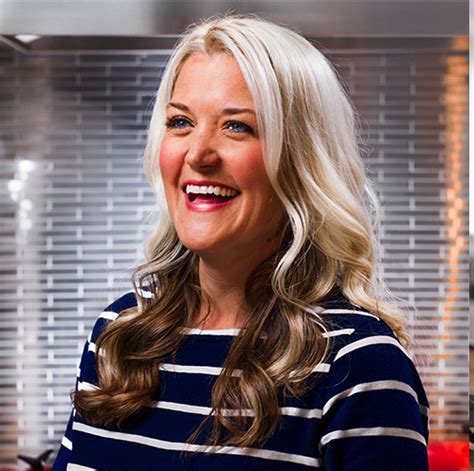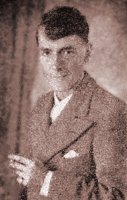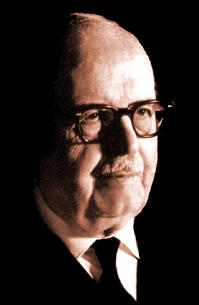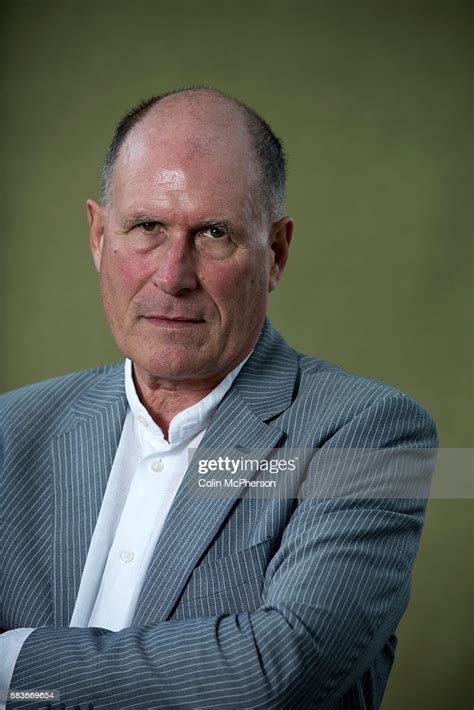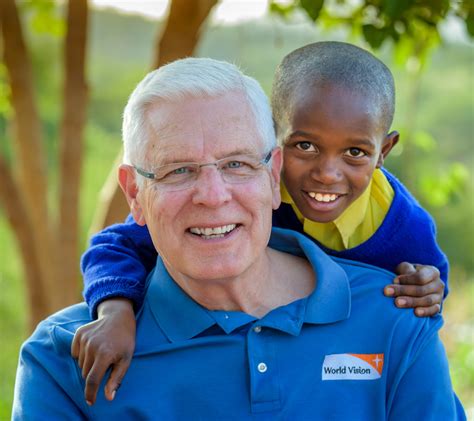A Quote by Jeffrey Bland
We need to move beyond asking what drug will treat the symptoms, and instead ask what mechanism creates altered neurochemical or neurobiological function or systemic physiological change.
Related Quotes
Healing from our past is an essential aspect of expanding our sense of self and awakening our capacity to love. This shift often manifests as a change in the questions we've been asking ourselves. Instead of What do I need? we ask, How can I serve? Instead of What am I getting out of this? we start to ask, What can I bring to this situation to promote the highest possible outcome for everyone involved?
The essence of religion is inertia; the essence of science is change. It is the function of the one to preserve, it is the function of the other to improve. If, as in Egypt, they are firmly chained together, either science will advance, in which case the religion will be altered, or the religion will preserve its purity, and science will congeal.
This is the deepest experiment of life. And whatever has been discovered in regard to life, this is the most significant finding of all: don't ask for happiness if you want to be happy, don't ask for peace if you want to be peaceful. Whatever you ask for will be lost. Whatever you do not ask for you will get. You have asked many times and seen that you do not receive it. Now try not asking and see. There is no need to believe me; there is a need to experiment.








